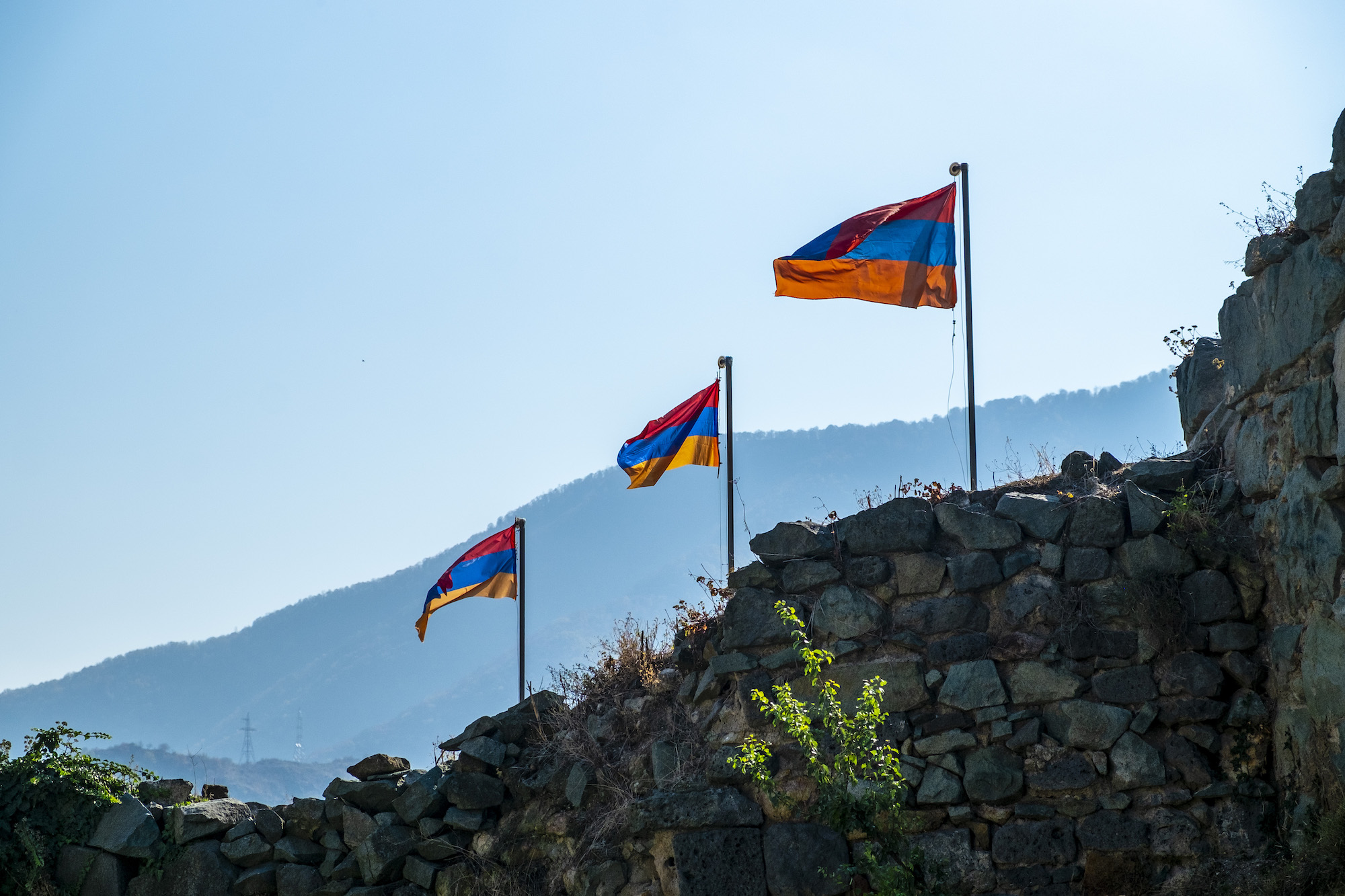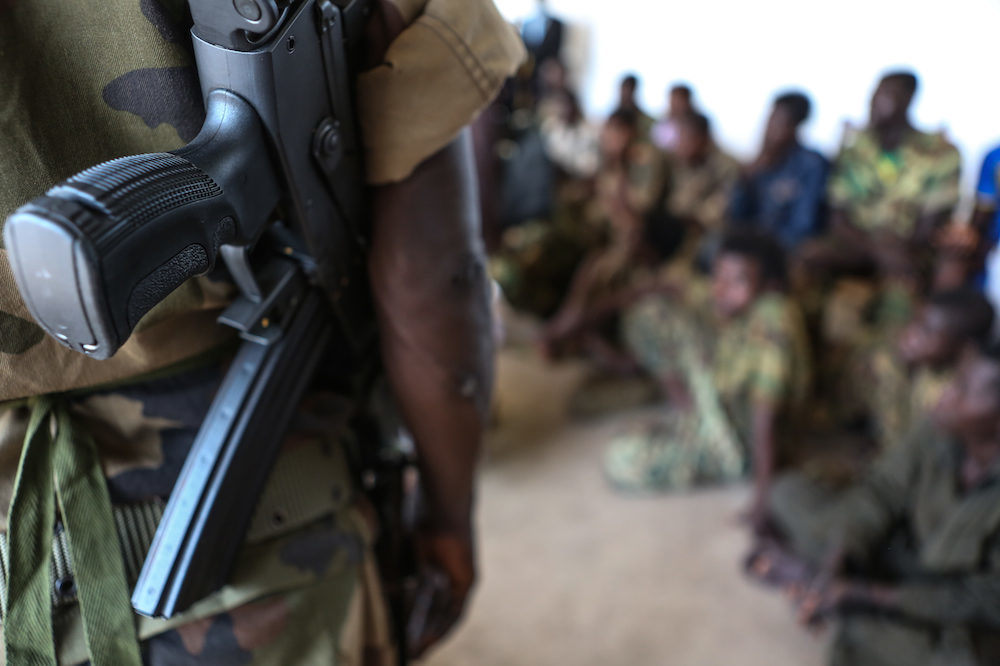October 18 Paris, France: Thousands of people gathered on Paris’ Place de la Republique to mourn a murdered teacher and express their support for freedom of expression and secular education. The demonstration came two days after Samuel Paty, a middle school history and civics teacher, was beheaded by an Islamist terrorist in a Paris suburb on his way home from school. Paty had previously shown caricatures of the Prophet Mohammed during a class discussion about freedom of expression. “This was a barbaric and brutal act attacking liberty,” said one demonstrator according to France 24. “And liberty is one of the cornerstones of French identity. Liberté, fraternité, egalité: They make us who we are as French people.”
October 19 La Paz, Bolivia: The socialist candidate, Luis Arce, won by an absolute majority in Bolivia’s general election, garnering 54% of the vote according to preliminary results. This placed him more than 20 percentage points ahead of his main rival, allowing him to ascend to the presidency without a run-off under Bolivian election rules. The decisive victory for Arce marks the return to power for the party of former President Evo Morales, who resigned under pressure from the military in Nov. 2019 after attempting to abolish presidential term limits and facing accusations of election fraud. Morales and many of his supporters called the ouster a military coup d’état. Arce, who served as economy minister during the Morales administration, pledged a return to normalcy under his presidency: “We have recovered democracy and we will regain stability and social peace. United, with dignity and sovereignty.”
October 20–22 Lagos, Nigeria: Protests against police brutality in Nigeria turned bloody as they faced severe backlash from state security forces. Amnesty International reported 38 people were killed across the country on Oct. 20 alone, bringing the death toll to at least 56 since the beginning of the protests more than two weeks ago. Some deaths were the result of “extra-judicial executions” by the army and police said Amnesty’s Nigeria director Osai Ojigho, according to Bloomberg News. The country’s largest city Lagos has been the center of the demonstrations and was placed under an indefinite 24-hour curfew by state governor Babajide Sanwo-Olu. He demanded an end to the protests after attacks on police stations and prisons reportedly caused not only property damage but also the escape of nearly 2,000 prisoners. The protests against police brutality were originally sparked by an extra-judicial killing allegedly committed by a controversial special forces unit, which was disbanded on Oct. 11.
October 21 Bogor, Indonesia: Japan’s recently elected Prime Minister Yoshihide Suga pledged to give $474 million in low-interest loans to Indonesia in order to assist the Southeast Asian country with its response to the COVID-19 pandemic. He announced this decision during a visit with Indonesian President Joko Widodo. The two countries also committed to strengthening ties on security and economic issues. “Indonesia is a maritime nation in the Indo-Pacific and a Japanese strategic partner, and Japan further promotes our cooperation in a range of areas, including efforts to overcome the coronavirus pandemic,” said Suga, according to AP News. Widodo emphasized the “spirit of cooperation” between the two countries amid “increasingly sharp rivalries between the world’s superpower nations.” Suga’s first trip abroad, which also included a stop in Vietnam, is seen as part of Japan’s “free and open Indo-Pacific” strategy designed to counteract Chinese influence in the region.
October 23 Geneva, Switzerland: The United Nations Support Mission in Libya announced “a permanent ceasefire in all areas of Libya” after leading mediation efforts between the two rival governments that have been fighting for control of the country for several years. It comes after the two sides previously agreed to an immediate ceasefire on Aug. 21. UN special representative Stephanie Williams, who led negotiations, lauded the agreement as a “historic achievement” and a “turning point towards peace.” According to Al Jazeera, the ceasefire requires all foreign fighters to leave the country within three months and will be followed by political negotiations in Tunisia next month. Whether or not hostilities come to a permanent end could hinge in part on Turkey and Russia, who have backed opposing sides and exercised considerable influence in the conflict.




